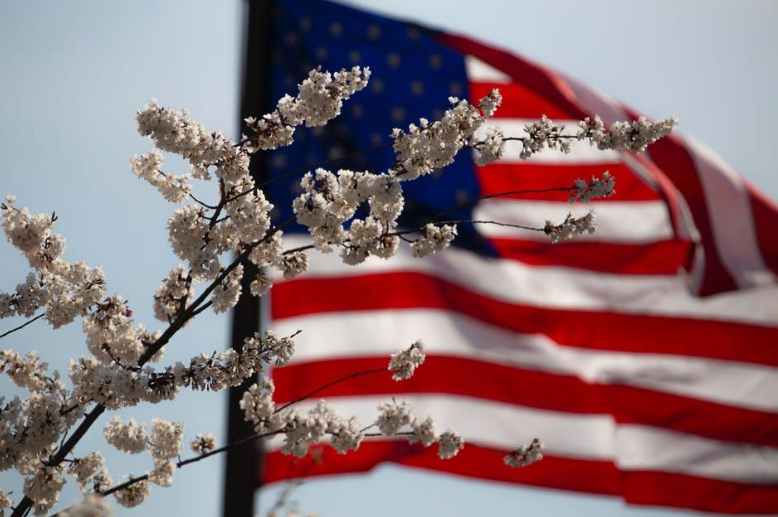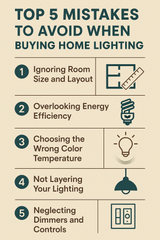Remembering the 9/11 Tragedy 17 Years Later
September 11, 2018 marks 17 years since the World Trade Center’s Twin Towers and Washington, D.C. Pentagon were hit with a series of intentional plane crashings by Islamic terrorist group, al-Qaeda.
In total, over 2,900 victims and 19 hijackers passed away due to this event. Even for the survivors, many later on developed cancer, respiratory conditions, and other ailments believed to be caused by the tragedy.
In honor of this day, our Cocoweb team decided to take the time to educate all generations on this tragedy. 9/11, as other events in American history, are crucial to know in depth. Events like 9/11, while have damaged our citizens and our country physically, emotionally, mentally, and financially, have also allowed us to gain insight and make changes for the protection of America in the future.
Here are some facts about the 9/11 tragedy you may not know:
- President Bill Clinton was warned by the CIA in 1998 about Osama bin Laden’s plan to hijack planes and attack the U.S.
- There was originally a scheduled meeting on the 88th floor on of the Twin Towers to discuss terrorist attacks. But because one member was not going to be there, the meeting got rescheduled, thankfully.
- There were a total of four planes involved in the incident, but the fourth crashed in a field near Shanksville, Pennsylvania, killing all passengers on board.
- One of the four planes involved in the attack still had a working engine after crashing.
- 9/11 was not the first World Trade Center attack to have ever existed, as some may believe. In 1993, the building was bombed, taking six lives and injuring over a thousand individuals.
- A yellow lab seeing-eye dog by the name of Roselle was asleep under a desk on the 78th floor of the World Trade Center went the first plane hit. When she woke up, she calmly led owner Michael Hingson and 20 or 30 others safely out of the smoke-filled building.
- Prior to the terrorist attack, scientists were studying whales in Canada’s Bay of Fundy, collecting feces to observe the chemicals present in correlation with whales’ stress levels. Interestingly, shortly after the 9/11 attack, the whales’ feces indicated that their stress levels were lower. It was from this instance that scientists discovered that whales are highly sensitive to the sound of engines, including ship engines.
- A fire ignited from the 9/11 tragedy lasted approximately 100 days after the event occurred.
- The Twin Towers have been going through a reconstruction process for some time, however, are far from being completed.
- Expecting mothers who were traumatized by the 9/11 incident and developed Post Traumatic Stress Disorder (PTSD) were found to pass stress and anxiety onto their babies once they were born.
- About 530,000 New Yorkers developed PTSD within months after the attack.
- Even years after the attack, less people flew on planes, and more began driving to their long-distance destinations. That said, traffic became more congested. In fact, in 2002, an increase in 1,595 fatal traffic collisions occurred.

Helping Someone with Post Traumatic Stress Disorder (PTSD)
While 17 years has passed since 9/11, the 530,000 recorded cases of New Yorkers with PTSD as a result of the tragedy (and that only accounts for those who got formally diagnosed) often still remain. PTSD is different from Acute Stress Disorder in that PTSD is a longer-term, essentially permanent form of severe anxiety, distress, and/or depression.
Symptoms of PTSD are as follows:
- Flashbacks
- Intense fear and anxiety
- Panic attacks
- Heart palpitations and/or anxiety-induced chest pains
- Nauseas and/or vomiting
- Social isolation
- Depression
- Night terrors
- Behavior changes
- Mood swings
Only a medical professional can diagnose PTSD. If a loved one has these symptoms, please ensure they get the help they need.
But apart from professional help, there are ways you can supportive someone suffering with PTSD or general anxiety/depression and avoid making their condition worse.
Consider the following:
- Don’t force them to talk about their condition or what triggered their condition.
- When and if your loved one does talk about what they’re going through, allow them to talk without interruption or judgment.
- Treat them as a normal person, while still being considerate of their condition.
- Refrain from getting angry or upset when they are having a panic attack or other episode. Instead, react calmly while still showing you care and are concerned.
- Don’t blame your life or relationship problems on the person suffering. They are not accountable. It is not their fault they have PTSD/anxiety/depression.
- Never threaten or give ultimatums or strict deadlines to get better to the person suffering. With added pressure, it will only intensify their symptoms. They will heal at their own rate.
- Don’t tell the sufferer that everything is all “in their head” or that their experiences “weren’t that bad” or “never happened.”
- Provide accommodations or modifications when necessary. For example, bring them a to-go order back from the restaurant they love if they can’t physically be there, watch a movie together at home instead of a movie theater in case the loved one has flashbacks (so that the movie can be paused or turned off instantly), cancel plans and reschedule if the loved one is not feeling well, and so on.

- If the loved one is cautious of you or lacks trust in you (regardless of the fact that you had nothing to do with why they are suffering), allow them to slowly learn to trust and be comfortable around you again.
- Eliminate stress at home. This may mean keep noise levels down, keeping the house tidy, dimming the lights, and so on.
- Focus on the positives of your loved one and your relationship with them.
- Congratulate your loved one for every victory and improvement, even if the improvement is temporary (e.g., “I’m so proud of you for your strength today,” “You seemed happier and more energetic today. I’m so glad to see that!”).
- Help your loved one create a routine, and be a part of it.
- Find what works and what doesn’t for your loved one. Does the smell of peppermint irritate them? Is a certain type of music helpful for reducing their anxiety? Is there something you do that makes them worse or better? Take note of this.
- Don’t enable the sufferer to the point where they no longer
Even with millions suffering with a variety of mental health disorders across the globe for different reasons, there are still major misconceptions with the intensity and symptoms of these disorders. But with a lack of understanding, some may unintentionally do or say things that will be viewed as inconsiderate to their loved one suffering. This isn’t because they don’t care; this is because they don’t understand.
Whether you or a loved one suffer with mental health setbacks, know that mental illness at times can be confusing. Educate yourself on mental illness no matter what role you play. Everyone with mental health setbacks is different. Mental illness is never just black and white.
Conclusion
17 years later, our Cocoweb lighting experts continue to salute the bravery and mourn the many losses apart of 9/11. Every victim involved, including the families of victims, has confronted an immense trauma, that for some, will stay with them for life.
Fortunately, there is help out there for anyone affected by 9/11. There are a plethora of therapy options, types of counseling, and other treatment considerations for those dealing with the aftermath of the tragedy in the form of PTSD, generalized anxiety, depression, and/or physical ailments. As a friend or family member of someone with one of the latter conditions, it is important to give them the love and support they need to make a stronger recovery.
We thoroughly thank all firefighters, paramedics, psychologists, and others involved to aid with this event. While the horror cannot be erased, September 11, 2001 and the lives that were lost on this day will never be forgotten in American history.
Recent Posts
-
Top 5 Mistakes to Avoid When Buying Home Lighting
Lighting plays a crucial role in shaping the ambiance, functionality, and aesthetic appeal of your h …26th Jun 2025 -
Why Lighting Is the Most Underrated Design Element in a Room
Walk into a well-designed space, and you might first notice the color of the walls, the statement fu …13th May 2025 -
How to Choose the Perfect Painting for Your Home or Office
When it comes to decorating your space, choosing the perfect painting can be a game-changer. A well- …7th Feb 2025




